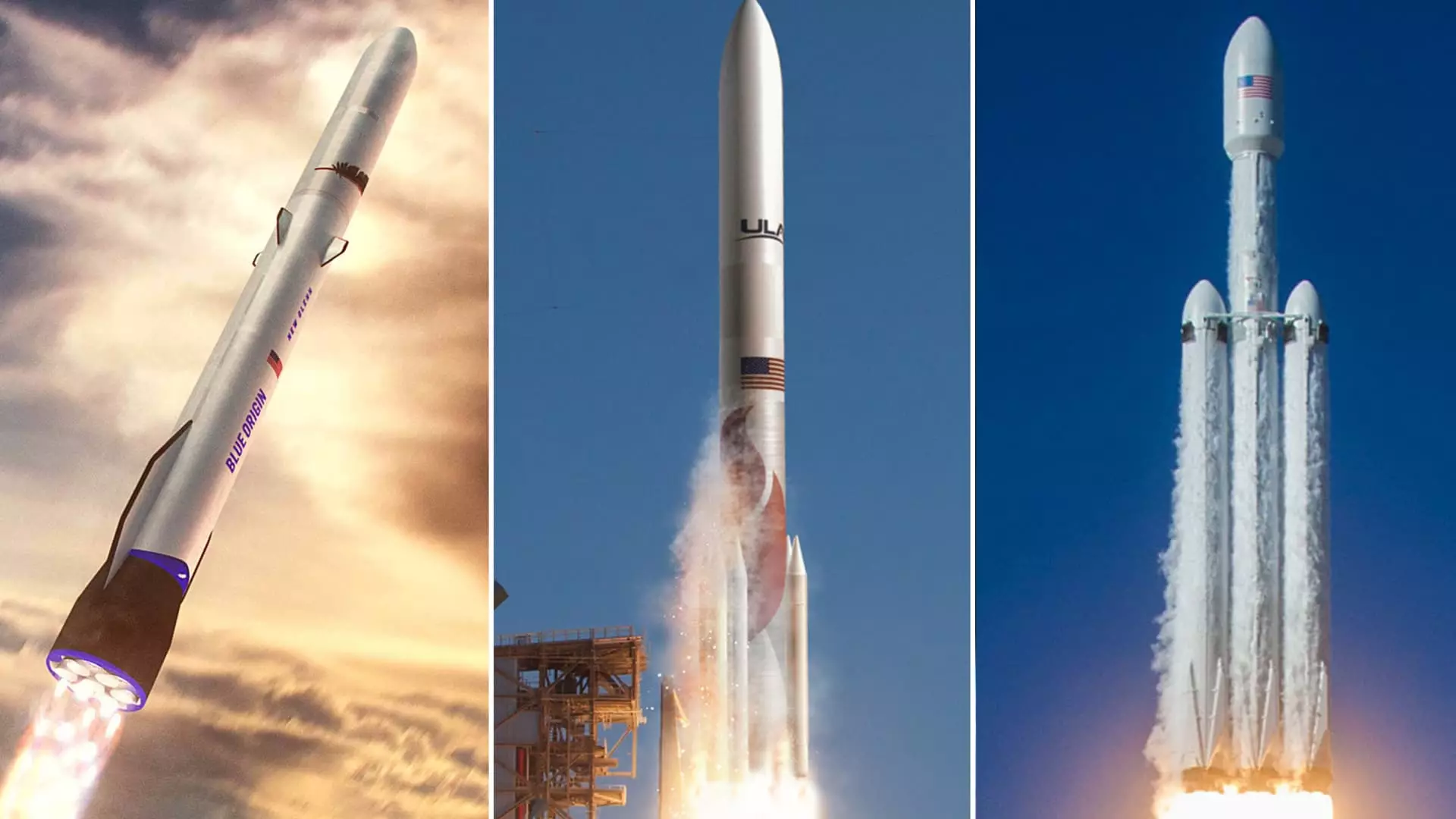The Pentagon recently announced the winners of its rocket launch contract sweepstakes, with Jeff Bezos’ Blue Origin securing a spot for the first time. This marks a significant milestone for Blue Origin, as it is now part of the contracts awarded under the Pentagon’s $5.6 billion National Security Space Launch program. Alongside Blue Origin, Elon Musk’s SpaceX and United Launch Alliance (ULA) were also selected as part of the multi-year third phase of the NSSL program. This announcement has sparked excitement and interest in the space industry, as these companies will now be eligible to compete for contracts through mid-2029.
Prior to the latest Phase 3 awards, ULA and SpaceX had been actively competing for contracts under the Phase 2 edition of NSSL. During this phase, ULA received 26 missions worth $3.1 billion, while SpaceX secured 22 missions worth $2.5 billion. Blue Origin, along with Northrop Grumman, were not chosen for Phase 2 contracts when ULA and SpaceX were selected in August 2020. However, the tides have turned with Phase 3, as the U.S. military is ramping up the competition and expanding the field for Space Force mission contracts.
Phase 3 of the NSSL program is expected to bring about 90 rocket launch orders in total, introducing a split approach with categories Lane 1 and Lane 2 to allow more companies to participate in the bidding process. This move signifies the Pentagon’s commitment to fostering competition and innovation within the space industry. As companies like Blue Origin, SpaceX, and ULA gear up for the new opportunities presented by Phase 3, the landscape of space launch services is set to evolve rapidly in the coming years.
The recent rocket launch contract awards by the Pentagon mark a pivotal moment for companies like Blue Origin, SpaceX, and ULA. These contracts not only represent significant financial opportunities but also highlight the growing importance of space exploration and national security. As the space industry continues to expand and evolve, companies will need to stay competitive and innovative to secure future contracts and contribute to the advancement of space technology.

